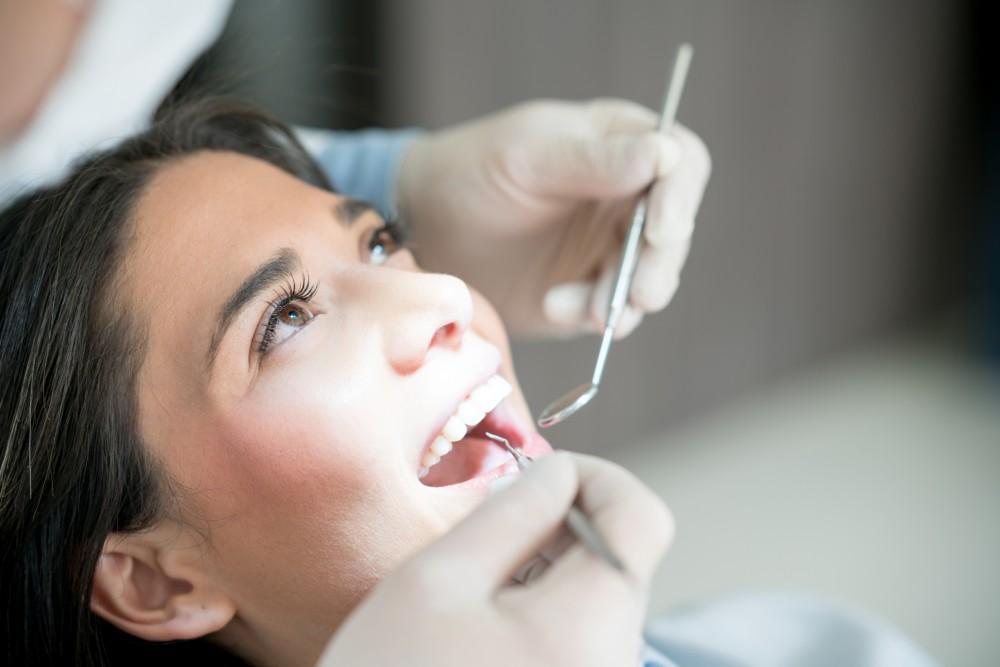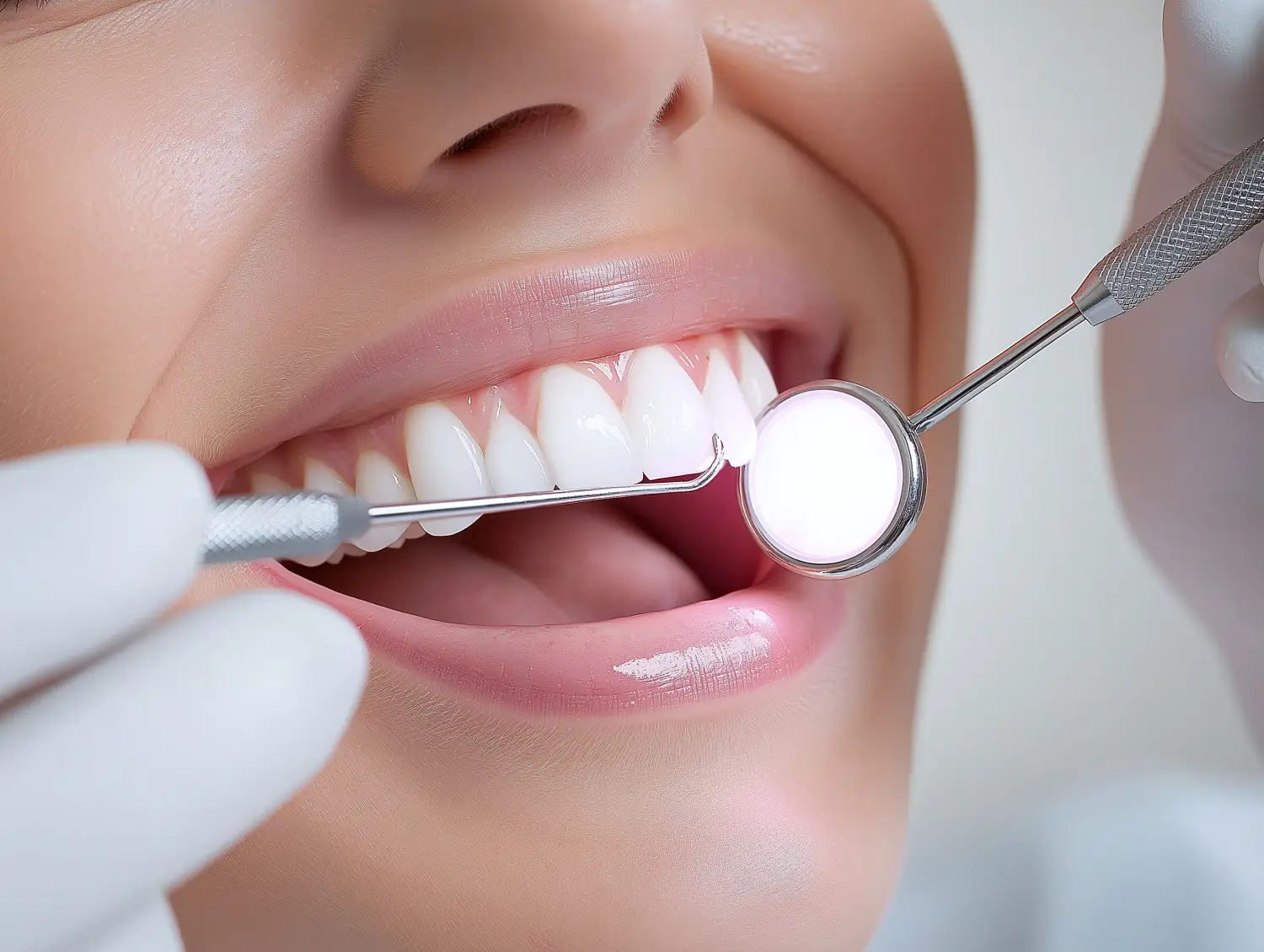
Teeth Cleaning – Treatment, Procedure
Dental cleanings are one of the most basic but important procedures in dentistry. If you haven’t booked a dental cleaning near you in the past six months, remember dentists recommend to get teeth cleanings twice every year. The reason why these appointments are so vital, is that even if you’re extremely thorough with your oral hygiene, plaque tends to harden over time forming a calcified material called tartar. After tartar is formed, there’s no way for you to get rid of it at home. Failing to solve this issue could lead to further issues regarding your oral health. Among some of them are cavities, tooth decay, more plaque buildup, and gum disease.
However, these problems can be easily prevented with regular visits to your dentist near you. If you’re curious about what the process involved in professional teeth cleaning is, here we explain to you step by step. This way, you’ll be much more at ease when going in for your next dental cleaning in Orlando.
Performing the physical exam
Before starting with the procedure, the dentist will evaluate your entire mouth to make sure there aren’t any issues. Normally, they use a small mirror called a mouth mirror. It’s a convex mirror with a handle that helps them visualizes areas that wouldn’t be accessible otherwise. With this tool, they’re able to rule out gingivitis or other dental problems you might have.
Removing the plaque and tartar
After they have checked that everything is in order, they will start to clean your teeth. Using the small mirror as a guide, they will proceed to remove all the plaque buildup and tartar from your teeth and gum line. The dentist will probably use a hand-held instrument called a scaler. This tool helps them scrape all the tartar between your teeth. At this stage, you could hear some scraping sounds but this is completely normal and nothing you should worry about. Depending on the amount of plaque and tartar the dentist finds on your teeth and around them, the longer this step will take.
If you find this particular step unpleasant and wish to be done with it faster at future appointments, remember having a proper dental routine is the only thing that will prevent plaque buildup.
Toothpaste Cleaning
After all the tartar and plaque are removed, the dentist will then use a high-powered electric brush to clean your teeth from all the residue. Usually, they use a special toothpaste that has a gritty texture. This grittiness helps to scrub the teeth to achieve a deep cleaning of the surface. The device might make a grinding noise that can make some people nervous, but this step is painless and essential to the procedure. Also, they’re normally flavored as regular toothpaste, so you won’t experience any unpleasant taste in your mouth.
Professional flossing
This might seem unnecessary, but the dentist may need to floss carefully to remove any residue of the scraped tartar that could have fallen between the teeth. Also, it’s a great way to remove any leftover toothpaste from the previous step. Remember, flossing is always beneficial no matter if it’s done at home or by a dental expert.
Rinsing your mouth
In this step, your dentist will provide you with a rinse containing fluoride and instruct you to go ahead and rinse your mouth to eliminate any debris left from the cleaning.
Applying a fluoride treatment
The last step of the treatment involves applying a fluoride treatment. These normally come in the form of a gel or varnish and will create a protective layer over your teeth to help them stay healthy until your next cleaning.
Don’t forget to always follow any individualized aftercare instructions your dentist might offer. Last but not least, if you’re due for a dental cleaning contact your dentist in Orlando, they will help you get back on track with your oral health.
Related Posts

Welcome to Orlando Center for Cosmetic Dentistry

Teeth Cleaning Aftercare Tips

What Are Dentures? Everything You Need to Know
%20copy.jpg)
Schedule your visit today
We’re here to help you achieve a healthier, more confident smile with precision care and no pressure. Let’s get you started.
